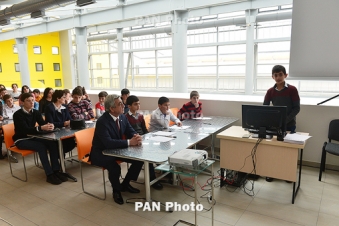Re: Armenia's Economic Pulse
Pretty cool news there. I hope more news like this can be had.
Originally posted by Zeytun
View Post











Comment